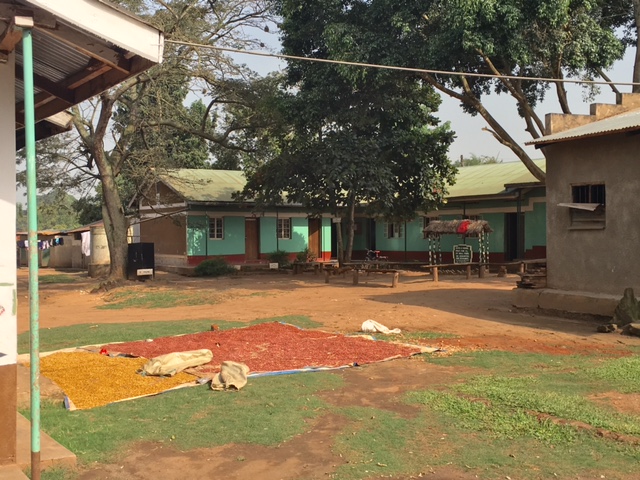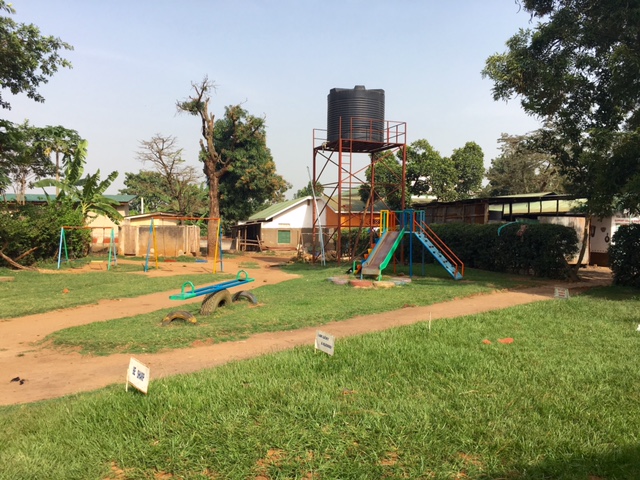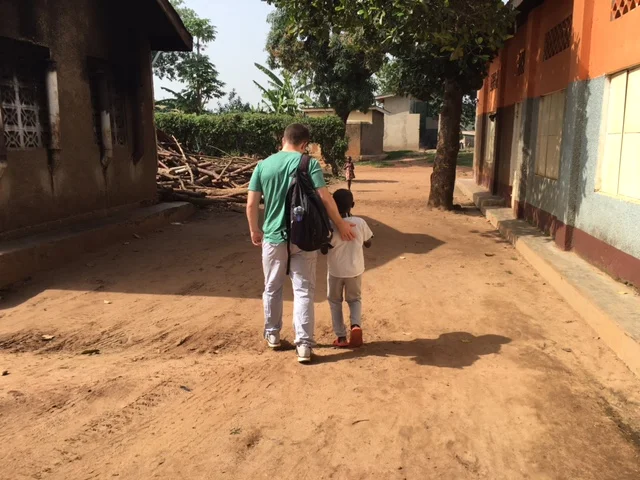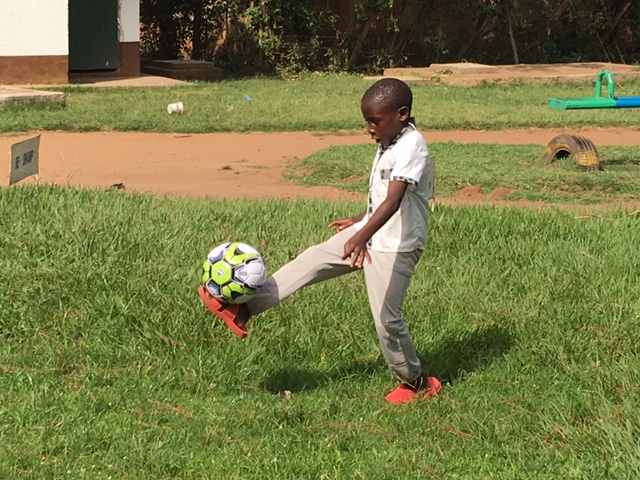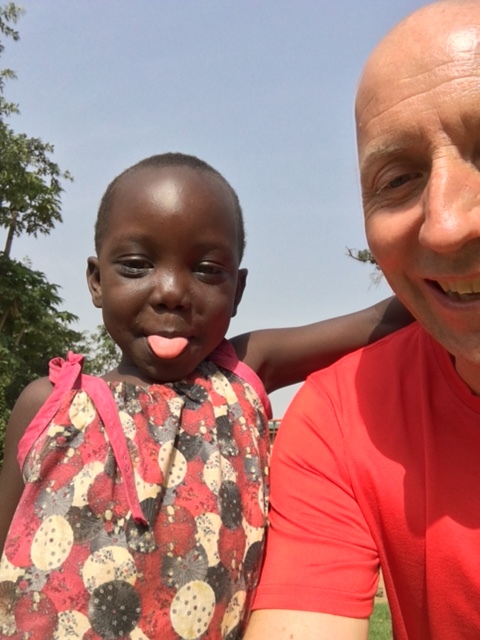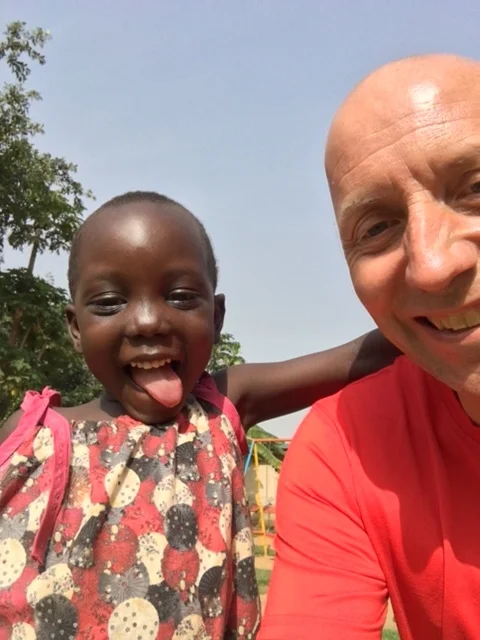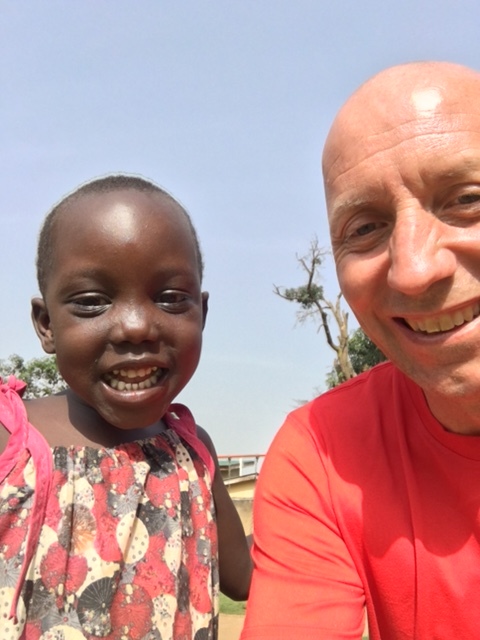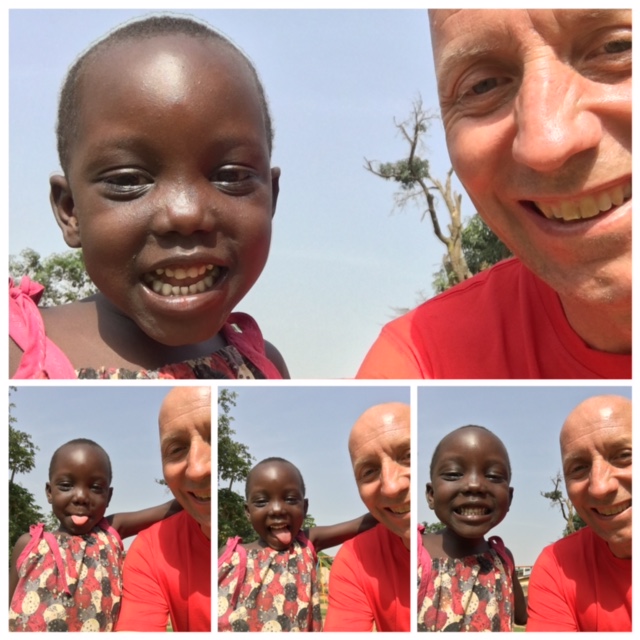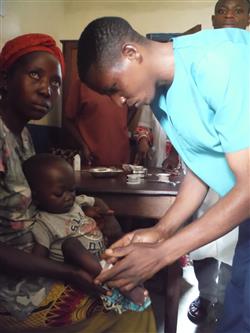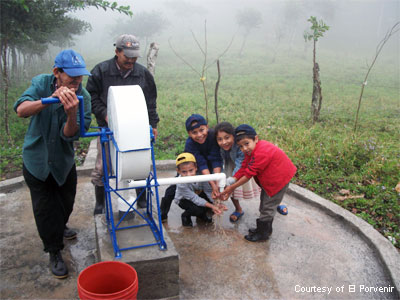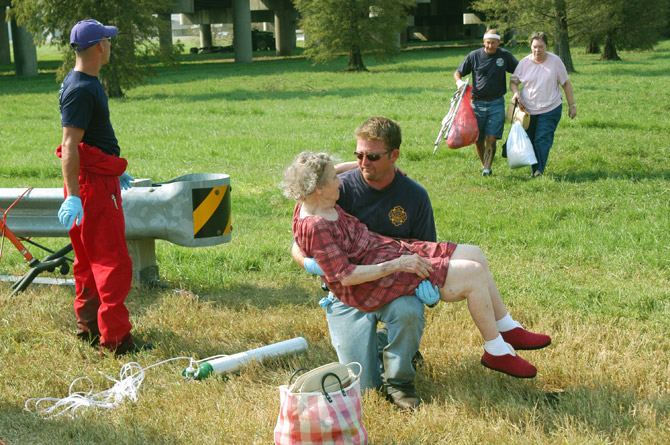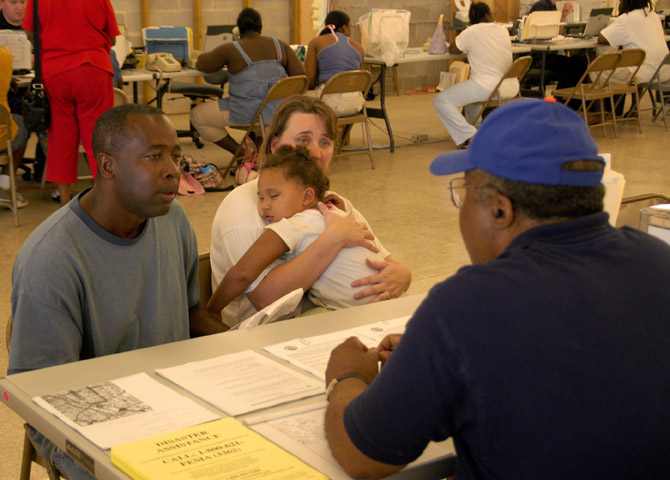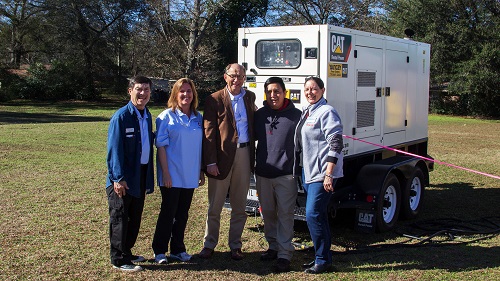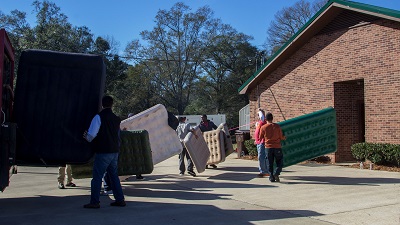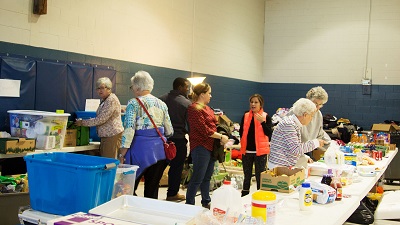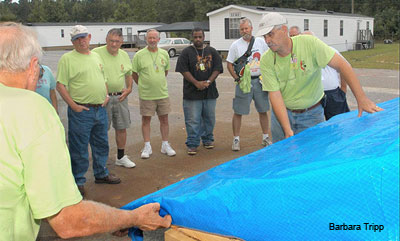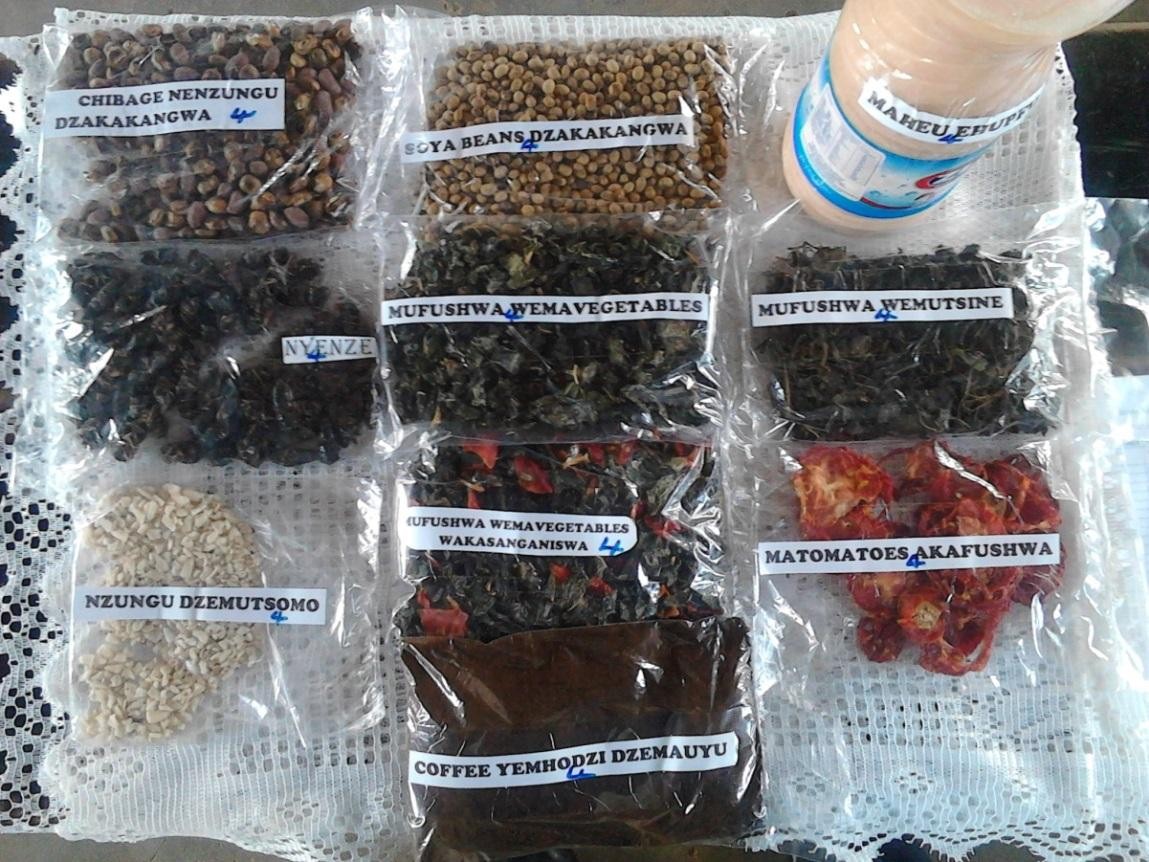Many years ago, my mother volunteered regularly at a hospital in Lafayette, Indiana in a program where she'd hold, rock, and talk to newborn babies. I recall those were times when no parent was at the hospital, believe it or not. She loved it and the babies needed it. They needed the human touch and interaction.
On an occasion when I was in Uganda while on a walk in the neighborhood, three small boys saw me and waved. The smallest one, about six years old, ran up to me and touched my arm. Perhaps he did it because I am light-skinned or there's hair on my arm. Who knows? But, at the moment it made me think about the value and basic need of human touch. It also reminded me of an event that happened earlier that day.
My son Zach and I took a 20-minute boda boda (motorcycle taxi) ride to Caanan's Children's Home, home for 70 children. This is a home that Zach and his wife Brooke have been connected with for several years. They've visited it many times and even stayed on site. They sponsor a boy named Eddie there and my wife Beth and I sponsor a girl named Teopista. We were excited to go and we even had gifts for both children.
You can imagine the disappointment when we arrived to learn the children were on holiday due to government elections. Only a small group of kids were there, none of whom was Eddie or Teopista. One of the staff called the contact numbers for both kids and Eddie was able to come to Caanan's but Teopista couldn't due to visiting an ill grandmother.
Zach had fun seeing Eddie and I had fun meeting him. What a sweet and fun-loving child of nine years. Zach gave him a soccer ball which then led to a fun time playing with a couple other boys joining in.
Although I was disappointed with not meeting Teopista, I think God had something else in mind. There was a little girl named Tienne, the smallest preschool age girl there. She came up to me and grabbed my leg and hugged it. Then she wanted me to hold her arms and swing her between my legs. This led to a time of Tienne and I swinging, doing cartwheels (attempting them in my case), and even me comforting her when she hurt herself and started crying.
I think Tienne craved human touch and attention; but, to be frank, at that moment so did I. Although I had been getting hugs, kisses, and handholds from my grandson M and loving it, I missed giving and getting hugs and kisses from my wife Beth and granddaughter Delaney. And, I missed getting a hug and kiss from my daughter Hailey who had just visited Bloomington the prior weekend with my grandson Wyatt, who I would have held, of course.
So, although I did not meet Teopista that day, I think God brought Tienne and me together for a few minutes so we could share something all human beings need, which is to touch and be touched.







